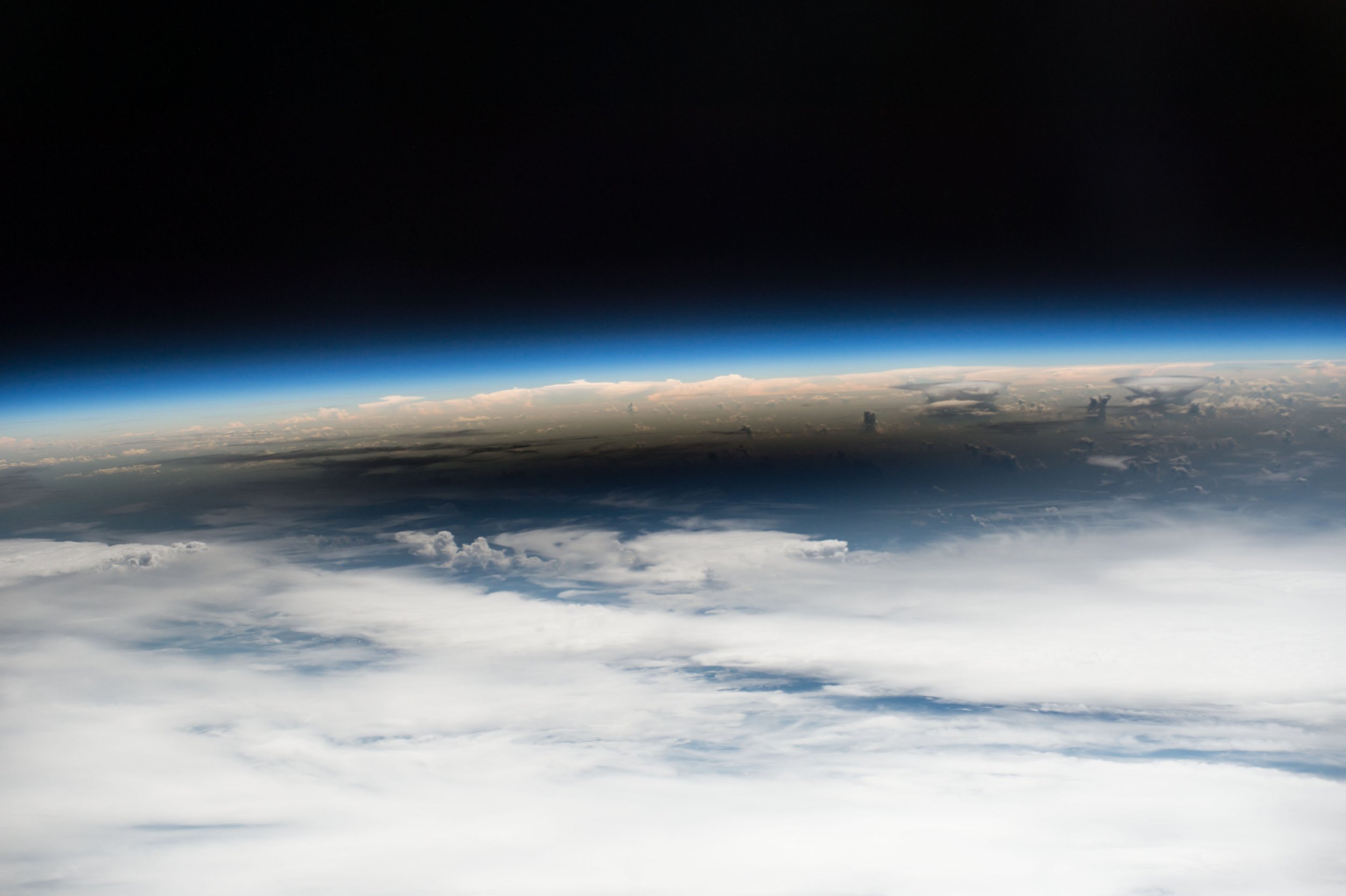
Are aliens real? While science may not say yes, nearly half of the people in a survey believe they do. And what's more, most of those respondents aren't afraid to make contact with these mysterious, extraterrestrial civilizations, according to a worldwide survey by the research and consulting firm, Glocalities.
Related: Alien Life: Europa Plate Tectonics Could Be Feeding Life on Icy Jupiter Moon
In the company's new study, 26,492 people from 24 countries shared their beliefs about life on other planets. It seems that most of the world, 61 percent, believe there is some sort of life on faraway planets. Only 17 percent of the world is skeptical and 22 percent say they don't know
Nearly half of the respondents believed that intelligent alien life was out there somewhere, though science has not yet backed this apparently common belief. More people were skeptical of actual aliens with 26 percent disputing their existence. Another 28 percent said they weren't sure (or were secretly withholding their true feelings).
Interestingly, while there is no evidence of complex alien life, believers tended to be highly interested in science and technology. The data indicated they are actively interested in politics and hope for government transparency. Other characteristics include open-mindedness, tolerance, resistance to authority and highly cherishing freedom.
While movies often depict aliens as foreign invaders who could harm us, that hasn't seemed to penetrate our beliefs. Of the people who believe in advanced alien life, 60 percent believe we should contact these other worldly citizens, while 21 percent shied away from the idea and 19 percent offered no opinion.
And this isn't the only evidence supporting the warm welcome aliens would receive here on planet Earth. In a series of studies, researchers at Arizona State University concluded that people would react fairly positively if (or when) man finally discovers ET.
In one survey, researchers asked people how they'd react if scientists hypothetically discovered microbial life on another planet, assessing how much risk and reward people viewed with the news. In a second study, the team studied the same responses, but this time participants believed scientists actually had discovered evidence of life outside of Earth. In both scenarios, people reacted more positively than negatively, according to the paper, though the team could not conclude why this was the case.
As the authors write, "Perhaps such news causes people to take comfort in the fact that we are not all alone in the universe. Perhaps it strengthens their worldviews, be they religious or scientific. Perhaps it speaks to our desire for novelty." They stress that further research should be done to determine why humans aren't more scared of foreign beings.
If the recent discovery that Jupiter is capable of supporting life unearths actual aliens, we might just get our answer.
Uncommon Knowledge
Newsweek is committed to challenging conventional wisdom and finding connections in the search for common ground.
Newsweek is committed to challenging conventional wisdom and finding connections in the search for common ground.
About the writer
Melissa is a science writer covering health for Newsweek and has contributed to Inc., Dr. Oz The Good Life, Men's Fitness, Marie Claire and others. She earned ... Read more
To read how Newsweek uses AI as a newsroom tool, Click here.








